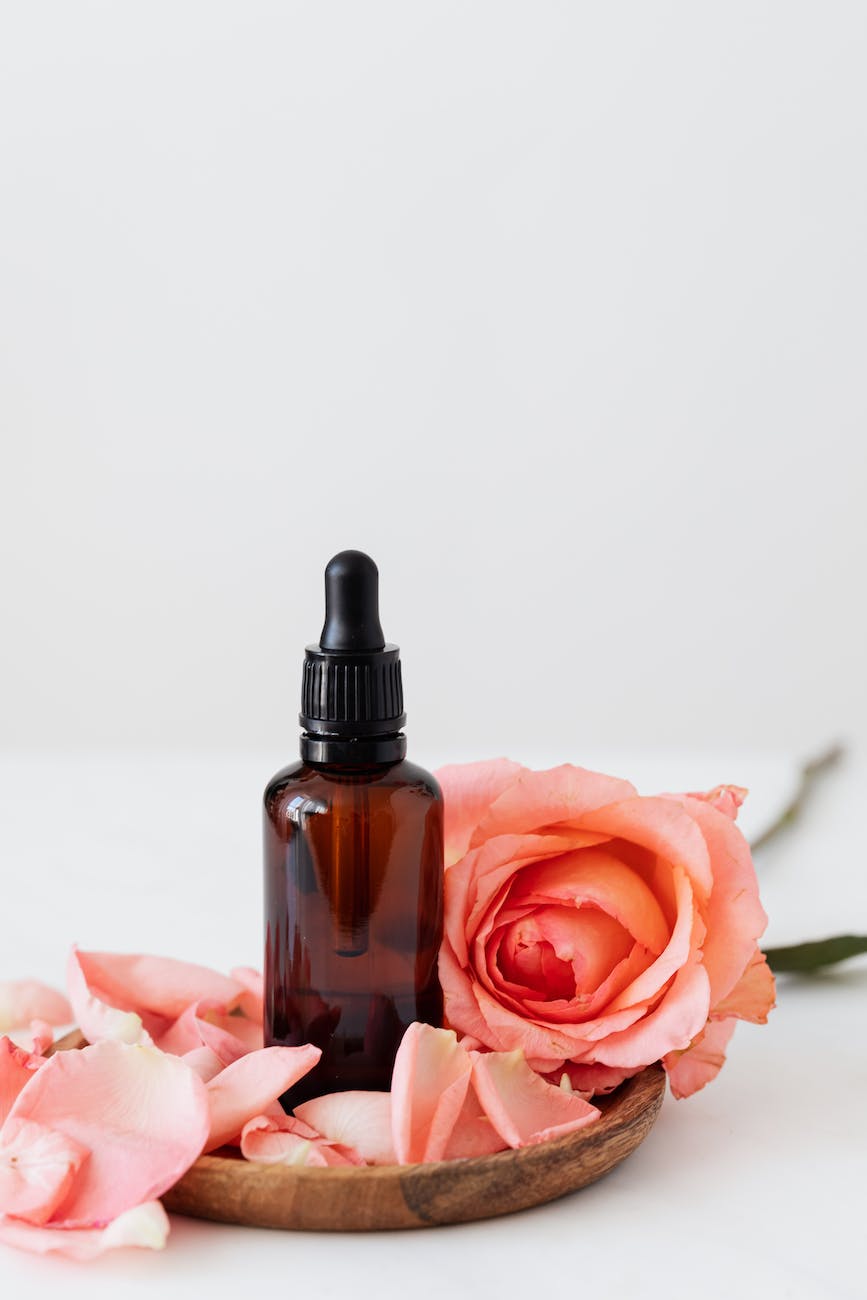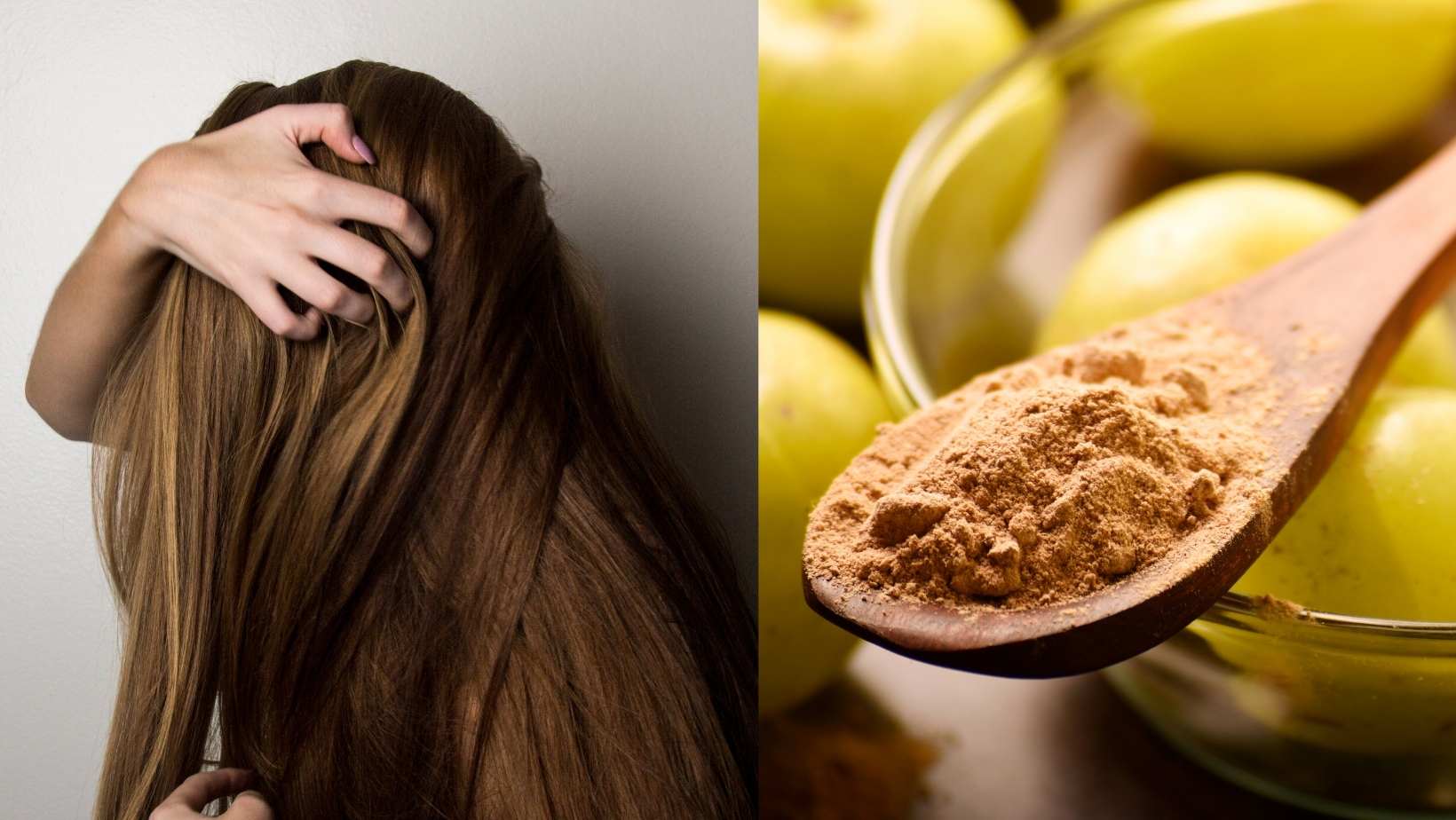
Rose oil, a potent natural remedy derived from the petals of various types of roses, is a staple in many wellness routines. From skincare to stress relief, this fragrant oil is a game-changer. Let’s delve into the benefits and uses of rose oil based on popular searches:
🌸 1. Rose Body Oil Benefits: More Than Just a Fragrance 🌸
Rose oil is a popular choice for body care, and it’s not just because of its intoxicating scent. It’s a hydrating and soothing powerhouse that can:
- Moisturize the skin: Rose oil is known for its hydrating properties. It can help to lock in moisture and keep your skin feeling soft and supple. It’s an excellent choice for those with dry skin or those living in harsh climates.
- Reduce signs of aging: Packed with antioxidants, rose oil can help to combat free radicals that contribute to aging. It can help to reduce the appearance of wrinkles and fine lines, giving your skin a more youthful appearance. It’s a natural way to keep your skin looking its best.
- Alleviate certain skin conditions: Thanks to its anti-inflammatory and antimicrobial properties, rose oil can help to soothe and heal various skin conditions such as eczema and rosacea. It’s a gentle, natural alternative to harsher treatments.
Plus, its calming scent can help to reduce stress and promote relaxation. It’s like having a spa experience right at home!
💆♀️ 2. Rose Oil Benefits for Skin: A Skincare Powerhouse 💆♀️
Rose oil is a skincare superstar. It can:
- Balance moisture levels in the skin: Rose oil can help to balance the oil production in your skin, preventing it from becoming too dry or too oily. This makes it a great choice for those with combination skin.
- Reduce the appearance of acne scars: With its healing properties, rose oil can help to lighten acne scars and improve the overall texture of your skin. It’s a natural way to improve the appearance of your skin.
- Promote a healthy, youthful complexion: Regular use of rose oil can help to promote a clear, glowing complexion. It can help to reduce redness, soothe irritation, and promote skin cell regeneration.
And the best part? It’s suitable for all skin types! Whether you have dry, oily, or sensitive skin, rose oil can be a beneficial addition to your skincare routine.
🔬 3. Rose Oil Properties: Rich and Beneficial 🔬
Rose oil is packed with vitamins, minerals, and antioxidants, which can help to nourish and protect the skin. Plus, it has anti-inflammatory and antimicrobial properties, which can help to soothe and heal the skin. It’s like a mini pharmacy in a bottle!
- Vitamins and Minerals: Rose oil is rich in vitamins A and C, which are essential for skin health. Vitamin A promotes skin cell regeneration, while vitamin C aids in collagen production and helps to combat free radicals.
- Antioxidants: The antioxidants in rose oil help to protect the skin from environmental stressors like pollution and UV rays.
- Anti-inflammatory and Antimicrobial Properties: These properties make rose oil a great remedy for various skin conditions. It can help to reduce inflammation, soothe irritation, and fight off skin infections.
🌹 4. Benefits of Rose Oil on Skin: From Hydration to Healing 🌹
Applying rose oil to your skin can have a range of benefits. It can:
- Hydrate dry skin: If your skin is feeling dry and parched, rose oil can come to the rescue. It can help to hydrate and nourish your skin, leaving it feeling soft and supple.
- Reduce redness and inflammation: Thanks to its anti-inflammatory properties, rose oil can help to reduce redness and inflammation. It’s a great remedy for skin conditions like rosacea and eczema.
- Promote a clear, glowing complexion: Want to achieve that coveted glow? Rose oil can help! It can help to clear up your complexion and give your skin a healthy, radiant glow.
🌟 5. Rose Oil Benefits for Face: Radiance in a Bottle 🌟
Rose oil can be a great addition to your facial skincare routine. It can:
- Hydrate the skin: Just like with body care, rose oil can help to hydrate your skin and keep it feeling soft and supple. It’s a great way to keep your skin moisturized without feeling greasy.
- Reduce the appearance of wrinkles and fine lines: Thanks to its antioxidant properties, rose oil can help to combat the signs of aging. It can help to reduce the appearance of wrinkles and fine lines, giving your skin a more youthful appearance.
- Promote a healthy, radiant complexion: Regular use of rose oil can help to promote a clear, glowing complexion. It can help to reduce redness, soothe irritation, and promote skin cell regeneration.
💇♀️ 6. Rose Oil Benefits for Hair: Not Just for Your Skin 💇♀️
Rose oil isn’t just for your skin – it can also benefit your hair! It can:
- Hydrate dry, frizzy hair: If your hair is feeling dry and frizzy, rose oil can help. It can help to hydrate your hair and keep it feeling soft and smooth.
- Promote healthy hair growth: Rose oil can help to stimulate the hair follicles and promote healthy hair growth. It’s a great natural remedy for those struggling with hair loss or thinning hair.
- Soothe an itchy, flaky scalp: Thanks to its anti-inflammatory properties, rose oil can help to soothe an itchy, flaky scalp. It’s a great natural remedy for conditions like dandruff.
🌹 7. How to Use Rose Oil for Hair: Your Guide to Luscious Locks 🌹
You can use rose oil in your hair by:
- Adding a few drops to your shampoo or conditioner: This can help to hydrate your hair and keep it feeling soft and smooth.
- Applying it directly to your scalp and hair as a nourishing treatment: This can help to stimulate the hair follicles, promote healthy hair growth, and soothe an itchy, flaky scalp.
🌸 8. Rose Aromatherapy Benefits: Relaxation in a Bottle 🌸
In aromatherapy, rose oil is used to:
- Reduce stress: The calming scent of rose oil can help to reduce stress and promote a sense of calm. It’s a great way to unwind after a long day.
- Promote relaxation: Whether you’re using it in a diffuser or adding it to a warm bath, rose oil can help to promote relaxation. It’s a natural way to unwind and de-stress.
- Boost mood: The uplifting scent of rose oil can help to boost your mood and promote a sense of well-being. It’s a natural pick-me-up!
🌹 9. Rose Oil Uses for Skin: Versatility at Its Best 🌹
There are many ways to use rose oil for your skin. You can:
- Apply it directly to your skin as a moisturizer: Rose oil can be applied directly to the skin as a moisturizer. It’s a great way to keep your skin hydrated and glowing.
- Use it as a massage oil: Rose oil can be used as a massage oil. It’s a great way to relax and unwind, while also benefiting your skin.
- Add it to your bath for a soothing soak: Adding a few drops of rose oil to your bath can make for a soothing and relaxing soak. It’s a great way to unwind after a long day.
🌸 10. Rose Scent Benefits: More Than Just a Pleasant Fragrance 🌸
The scent of rose oil can:
- Have a calming effect: The calming scent of rose oil can help to reduce stress and promote a sense of calm. It’s a great way to unwind after a long day.
- Help to reduce stress and promote relaxation: Whether you’re using it in a diffuser or adding it to a warm bath, rose oil can help to promote relaxation. It’s a natural way to unwind and de-stress.
- Boost mood and promote a sense of well-being: The uplifting scent of rose oil can help to boost your mood and promote a sense of well-being. It’s a natural pick-me-up!
Frequently Asked Questions (FAQs)
here are some frequently asked questions (FAQs) about rose oil and its benefits:
1. What are the benefits of rose body oil?
Rose body oil is known for its hydrating and soothing properties. It can moisturize the skin, reduce signs of aging, and alleviate certain skin conditions. Plus, its calming scent can help to reduce stress and promote relaxation.
2. How does rose oil benefit the skin?
Rose oil can balance moisture levels in the skin, reduce the appearance of acne scars, and promote a healthy, youthful complexion. It’s suitable for all skin types.
3. What are the properties of rose oil?
Rose oil is packed with vitamins, minerals, and antioxidants, which can help to nourish and protect the skin. Plus, it has anti-inflammatory and antimicrobial properties, which can help to soothe and heal the skin.
4. What are the benefits of rose oil on skin?
Applying rose oil to your skin can hydrate dry skin, reduce redness and inflammation, and promote a clear, glowing complexion.
5. How does rose oil benefit the face?
Rose oil can hydrate the skin, reduce the appearance of wrinkles and fine lines, and promote a healthy, radiant complexion.
6. Can rose oil benefit hair?
Yes, rose oil isn’t just for your skin – it can also benefit your hair! It can hydrate dry, frizzy hair, promote healthy hair growth, and soothe an itchy, flaky scalp.
7. How to use rose oil for hair?
You can use rose oil in your hair by adding a few drops to your shampoo or conditioner, or applying it directly to your scalp and hair as a nourishing treatment.
8. What are the benefits of rose oil in aromatherapy?
In aromatherapy, rose oil is used to reduce stress, promote relaxation, and boost mood.
9. How to use rose oil for skin?
There are many ways to use rose oil for your skin. You can apply it directly to your skin as a moisturizer, use it as a massage oil, or add it to your bath for a soothing soak.
10. What are the benefits of the scent of rose oil?
The scent of rose oil can have a calming effect, help to reduce stress and promote relaxation, and boost mood and promote a sense of well-being.
Remember, always do a patch test before applying rose oil to your skin, and dilute it with a carrier oil to avoid irritation. Enjoy the many benefits that rose oil has to offer! 🌹
Blog Tags: Rose Oil, Natural Remedies, Skincare, Haircare, Aromatherapy, Wellness, Beauty, Self-Care











